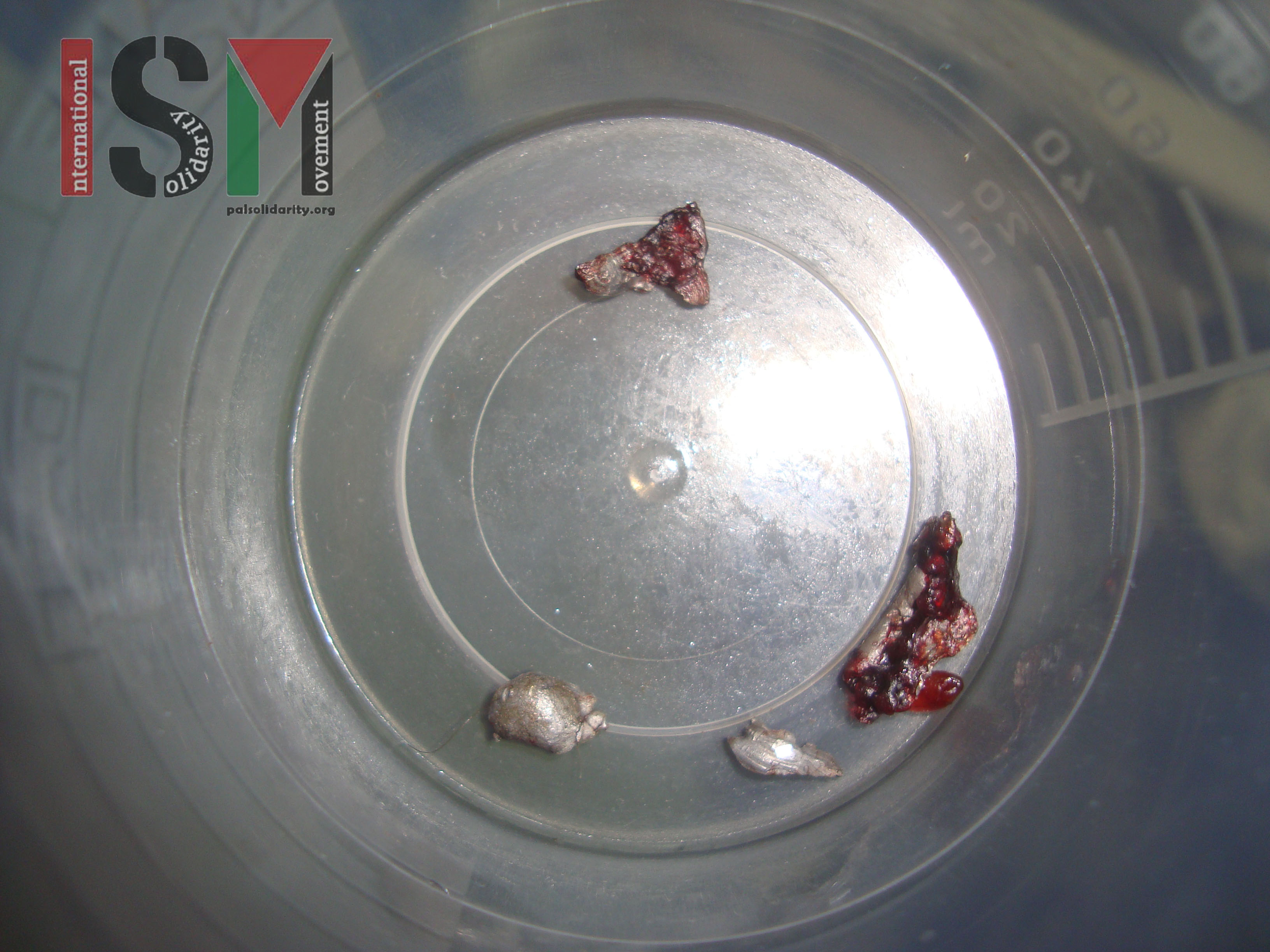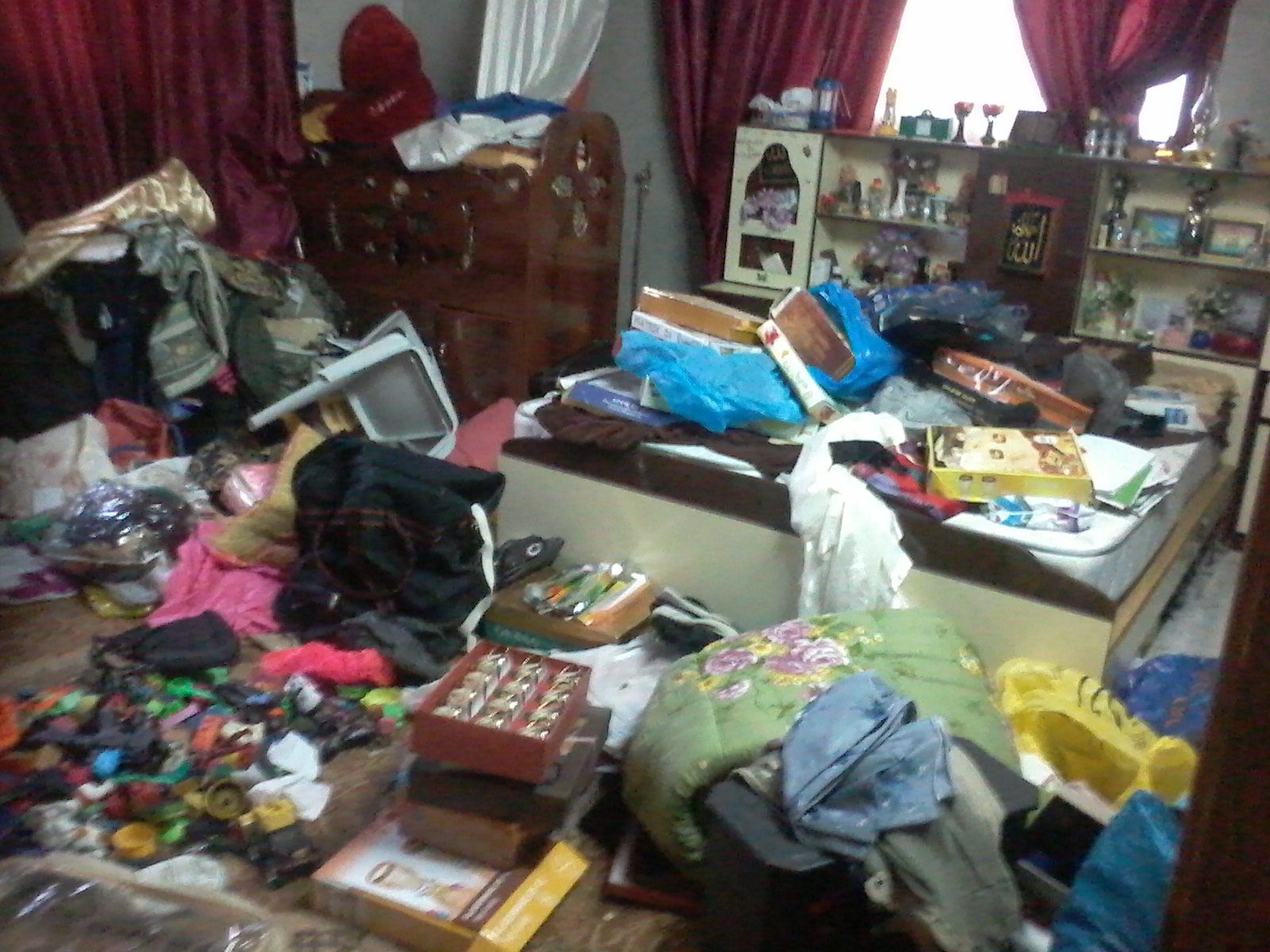Tag: Nablus
-
Palestinian family’s home invaded, two youths arrested by Israeli soldiers in Azzun village
11th December 2014 | International Solidarity Movement, Nablus team | Azzun, Occupied Palestine At 3 am, on the 8th of December in Azzun whilst the Radwan family slept, dozens of Israeli soldiers surrounded their house and broke in. They damaged the door as they entered, sweeping through the house and also breaking the doors of the kitchen cupboards. They ushered…
-
Journalist most recent victim of Israeli military violence at Kufr Qaddum
9th December 2014 | International Solidarity Movement, Nablus team | Kufr Qaddum, Occupied Palestine Bashar, a journalist from Palestine TV, was shot in the left leg at Kufr Qaddum on Friday the 5th of December 2014. The weekly demonstration aims to highlight the issue of the road that has been closed to Kafr Qaddum and…
-
More young men and teenagers arrested by the Israeli military
9th December 2014 | International Solidarity Movement, Nablus team | Nablus, Occupied Palestine On December 8th in Nablus, the Israeli army broke into the homes of two families in Balata refugee camp and arrested two young Palestinians, 19-year-old Mujahed al Shekhalil and 17-year-old Yazan Hta. In both cases, their homes were raised by the military…



